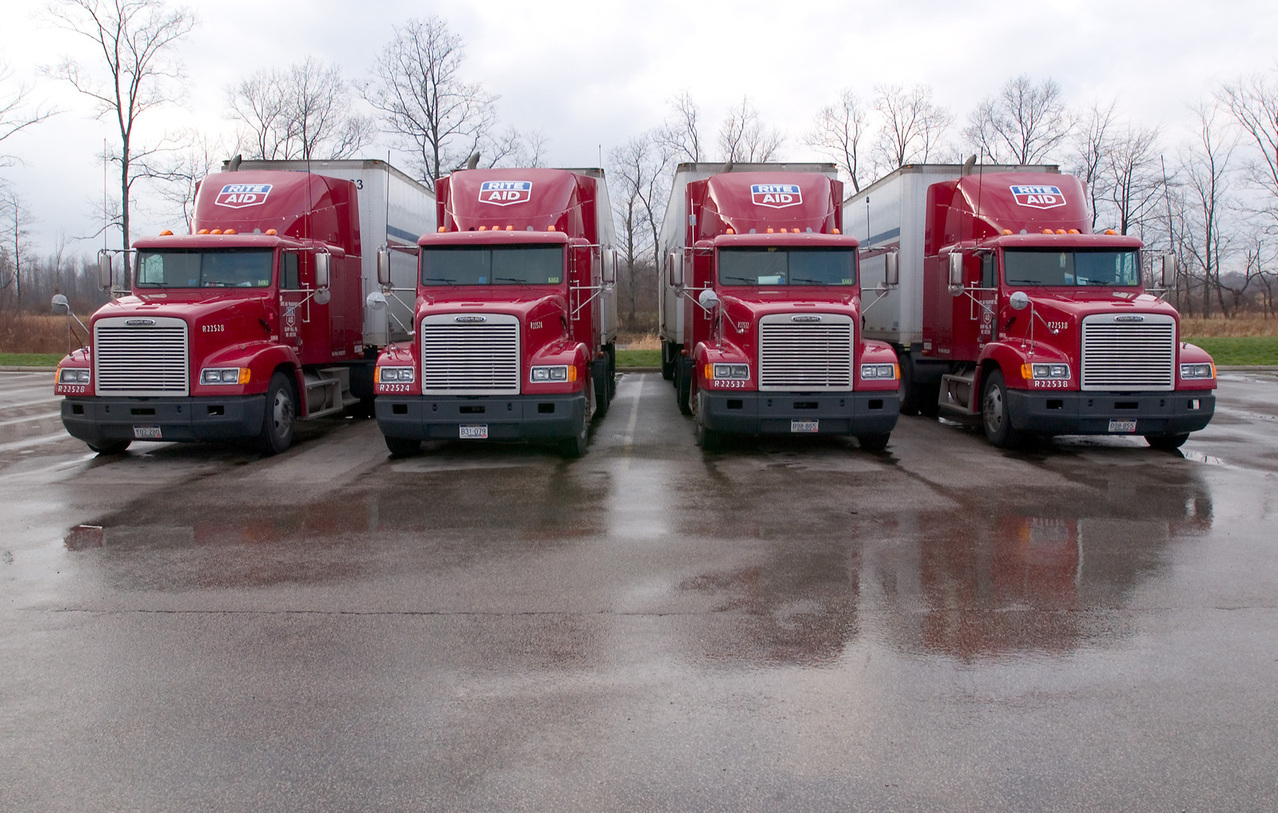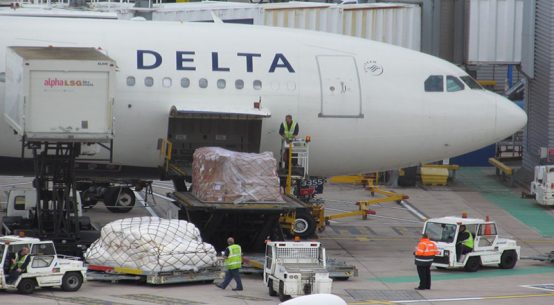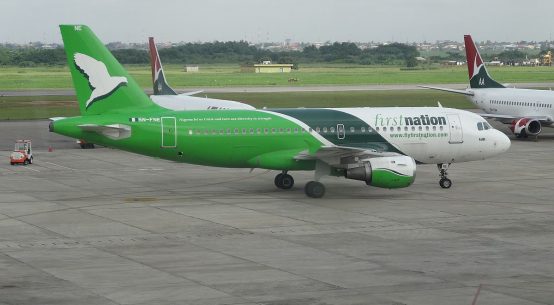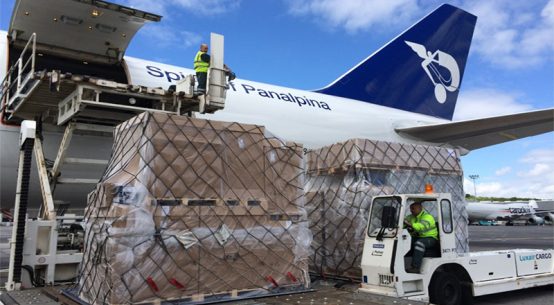
Orders for heavy-duty commercial trucks in North America soared in October, reaching the highest level in nearly three years as carriers riding a strong freight market stepped up plans to upgrade or expand their fleets.
Trucking companies last month ordered 36,200 Class 8 trucks, the big rigs that haul much of the nation’s freight, according to a preliminary report from ACT Research. That was up 60.4% from September, and a 160% gain from a year ago when truck orders plummeted amid slack shipping demand and tepid manufacturing growth.
The orders came at the beginning of the season when trucking companies typically set their fleet plans for the coming year and signaled robust confidence in shipping demand for 2018.
Large carriers typically place the bulk of equipment orders in the fourth quarter, with December usually the peak month, said ACT analyst Kenny Veith.
October was “the best for Class-8 orders since December 2014,” said Mr. Veith, adding he expects similar order volumes in November.
The gains come as trucking companies are fielding higher demand for their services than they did for much of 2015 and 2016, when some carriers reined back capacity to try and gain more leverage with shippers on price.
Freight rates started rising this summer after a nearly two-year slump as retailers restocked inventories and manufacturing activity picked up steam. Those price gains accelerated into September and October, in part because of the hurricanes that hit Texas and Florida. The storms disrupted supply chains and relief efforts diverted trucks from other markets, leaving capacity tighter.
Capacity is expected to further contract next year because of federal rules requiring truck drivers to electronically log their hours behind the wheel. Set to take effect in December, the rule is aimed at preventing driver fatigue. Although most big fleets already comply, the thousands of drivers who own their own trucks or work for small companies still log their hours on paper and industry analysts say they could end up spending fewer hours on the road or withdrawing entirely from the business.
Carriers are “all feeling pretty good,” said Noël Perry, a transportation economist with freight analysts FTR, which reported similar order numbers. “When times are good, they want to get younger trucks. It’s like putting money in the bank,” because newer vehicles are more fuel efficient and have lower maintenance costs.
The orders are helping truck manufacturers and suppliers that were cutting production as recently as the start of this year in response to the fleet pullback.
Follow us on Twitter for more Logistics News
Cummins Inc. said this week its third-quarter revenue rose 26% from a year ago on stronger truck sales in North America and demand for construction vehicles around the world. The company boosted its guidance for heavy-duty truck sales for the coming year.
“Over 2017, we’ve seen production ramp up quite nicely,” said Mr. Vieth of ACT Research. He said production went from about 800 units built per day in the first quarter to more than 1,200 per day in September.
With reports from wsj








